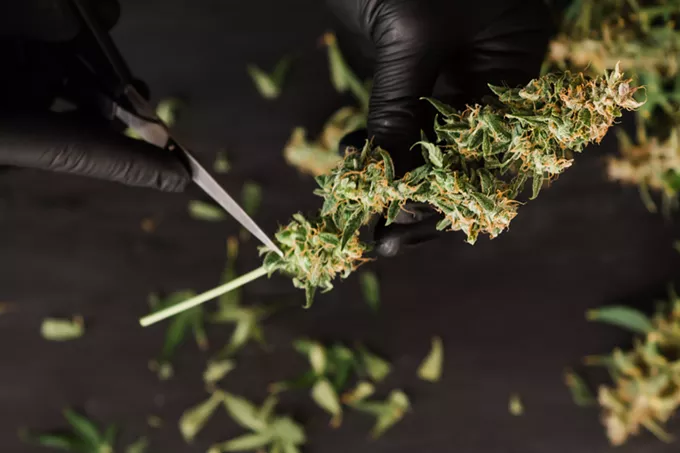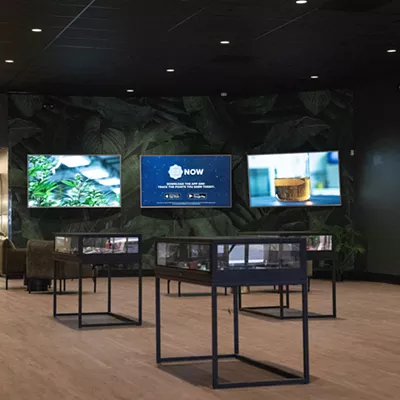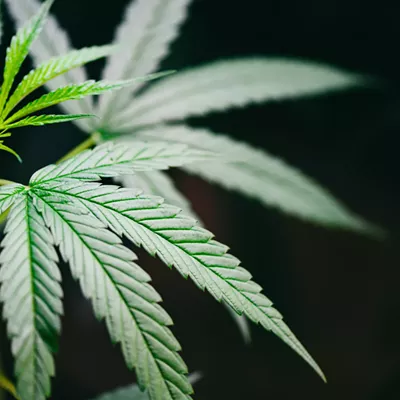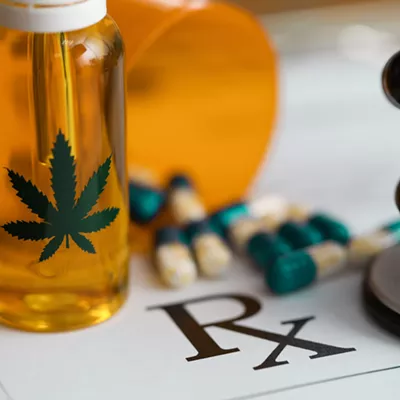A newly released study from researchers at Arizona State University found elevated levels of Fusarium mycotoxins in illicit cannabis in Arizona and California.
Maxwell Leung, assistant professor at ASU, led a team of researchers that tested 118 samples seized by law enforcement for 23 types of mycotoxins and fungal metabolites between November 2023 and June 2024. Of the samples tested, 16% contained detectable levels of mycotoxins, including Fusarenon-X and diacetoxyscirpenol, a federally designated biological select agent and toxin.
The levels of Fusarenon-X, which was found in 10 samples, ranged from 500 to 1,700 ppb, higher than normal safety thresholds for food products.
Consuming cannabis contaminated with Fusarium mycotoxins can lead to infections, vomiting and the exacerbation of cannabis hyperemesis syndrome, which is a recurring vomiting syndrome. Leung said that contaminated cannabis poses serious health risks for people who may be immunocompromised.
“Let’s say people are smoking this cannabis and they are exposed to the fungus; potentially that can lead to opportunistic infection in the airway,” Leung said. “So that can be very dangerous because a lot of the people using cannabis these days are cancer patients or patients who have HIV and they have a compromised immune system, so that’s one concern.”
Leung said the presence of Fusarium in cannabis is not surprising, but the rate in which it was found raised eyebrows. Another concern was the presence of diacetoxyscirpenol, which was found in fewer samples than Fusarenon-X was.
“To detect (Fusarium) is not that surprising, but the rate of one-in-six, that’s surprising,” Leung said. “Think about people who are using cannabis for (the) long term, one-in-six, they pretty much would be almost guaranteed to get it at some point.”
Since the legalization of cannabis, emergency room visits have continued to increase. Leung said the toxins may have something to do with the problem, as they may relate to cannabis hyperemesis syndrome.
“The other concern is that cannabis legalization has been associated with increased emergency room visits,” Leung said. “So we think that this might have something to do with cannabis hyperemesis syndrome.”
Leung said the contamination found in the seized cannabis was likely caused by poor handling, unsanitary conditions and a lack of oversight.
Despite the legalization of cannabis, however, the black market for cannabis is still a lucrative business, with it being worth $76 billion as recently as 2022.
Although Leung said he doesn’t know of a state or country with legalized cannabis that is testing for Fusarium and mycotoxins, he recommends people buy cannabis from licensed producers.
“I would say the No. 1 recommendation would be to get cannabis from a licensed producer because in Arizona we have the Department of Health Services,” Leung said. “They inspect all the dispensaries and they have their licenses and programs…Everything on the shelf has been tested, so I think there are some quality standards there.”









